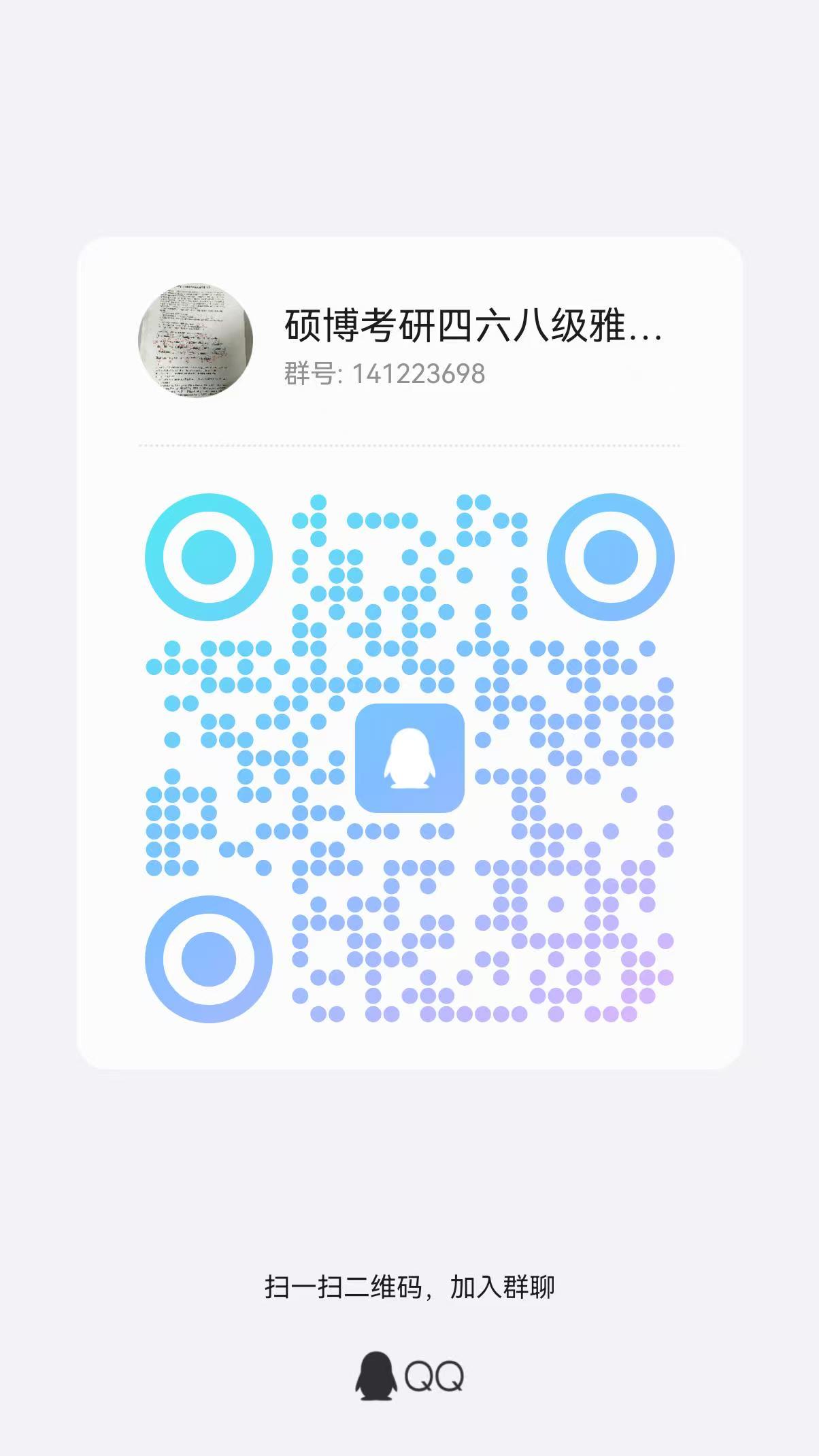🗣 SL提问: ai人工智能教学
✍️ Ai批改: Here's an overview of AI人工智能教学 (AI Artificial Intelligence Education):
What is AI Education?
AI education refers to the teaching and learning of artificial intelligence concepts, techniques, and applications、It involves educating students about the fundamentals of AI, its history, types, and current state, as well as its potential impact on society.
Why is AI Education Important?
AI education is crucial for several reasons:
1、Future-proofing careers: As AI becomes increasingly prevalent in various industries, it's essential for professionals to understand AI concepts to remain relevant in the job market.
2、Informed decision-making: AI education enables individuals to make informed decisions about AI adoption and its applications in various fields.
3、Addressing AI-related challenges: Educating people about AI helps address concerns related to AI, such as bias, ethics, and job displacement.
Key Concepts in AI Education
1、Machine Learning: teaching machines to learn from data and improve their performance over time.
2、Deep Learning: a subset of machine learning that involves neural networks and is used for image and speech recognition, natural language processing, and more.
3、Natural Language Processing (NLP): enabling computers to understand, interpret, and generate human language.
4、Computer Vision: allowing computers to interpret and understand visual data from images and videos.
5、Robotics: designing and developing intelligent robots that can perform tasks autonomously.
Teaching AI Concepts
To effectively teach AI concepts, educators can use a variety of methods, including:
1、Project-based learning: hands-on projects that allow students to apply AI concepts to real-world problems.
2、Case studies: analyzing real-world examples of AI applications and their impact.
3、Simulations: using simulated environments to demonstrate AI concepts and test hypotheses.
4、Coding and programming: teaching programming languages like Python, R, or Java to implement AI algorithms.
AI Education for Different Age Groups
1、K-12: introducing basic AI concepts, such as machine learning and computer vision, through interactive games and activities.
2、Undergraduate and graduate programs: offering courses on AI fundamentals, machine learning, and deep learning.
3、Professional development: providing training and workshops for professionals to learn about AI applications in their industries.
Tools and Resources for AI Education
1、Online courses: platforms like Coursera, edX, and Udemy offer AI courses and certifications.
2、AI software and frameworks: TensorFlow, PyTorch, and scikit-learn provide hands-on experience with AI development.
3、Simulators and games: tools like AI for Everyone and Robot Operating System (ROS) allow students to experiment with AI concepts.
Challenges and Future Directions
1、Addressing AI bias and ethics: incorporating discussions on AI bias, fairness, and ethics into education.
2、Staying up-to-date with AI advancements: continuously updating curricula to reflect the rapidly evolving AI landscape.
3、Encouraging diversity and inclusion: promoting diversity in AI education to ensure that AI development is representative of diverse perspectives.
By providing a comprehensive education in AI, we can empower individuals to become AI-literate, think critically about AI applications, and develop innovative solutions that benefit society.
0
IP地址: 171.167.72.113
搜索次数: 759
提问时间: 2025-04-21 01:52:51
❓️ 热门提问:
ai 8.0下载
黄金板块上市公司
贵金属平台交易所
广州首饰黄金回收
教学ppt ai
重庆哪里回收黄金
渝太地产
ai图转3d模型
外汇最多的国家
黄金珠宝销售演练视频
豌豆Ai站群搜索引擎系统
🤝 关于我们:
三乐Ai
作文批改
英语分析
在线翻译
拍照识图
Ai提问
英语培训
本站流量
联系我们

📢 温馨提示:本站所有问答由Ai自动创作,内容仅供参考,若有误差请用“联系”里面信息通知我们人工修改或删除。
👉 技术支持:本站由豌豆Ai提供技术支持,使用的最新版:《豌豆Ai站群搜索引擎系统 V.25.05.20》搭建本站。

















